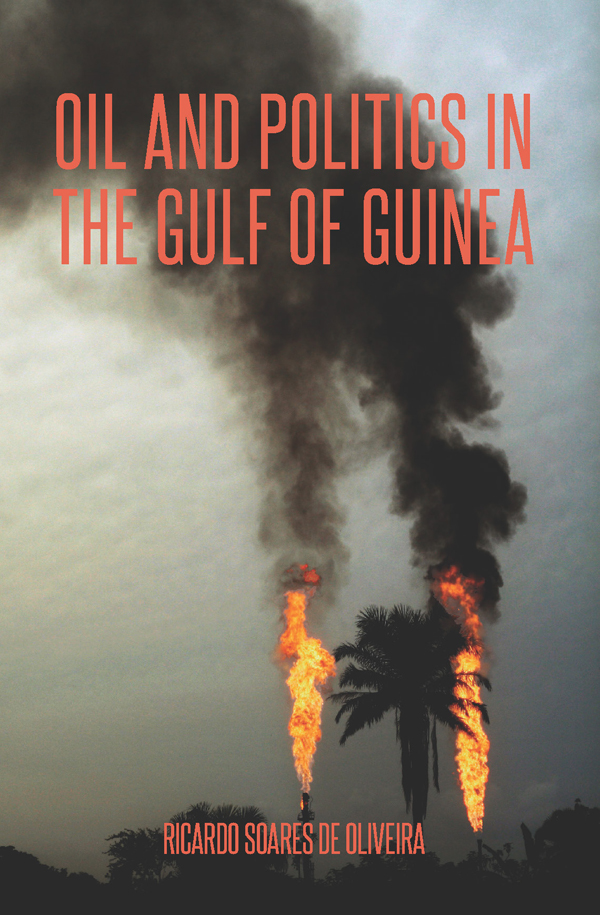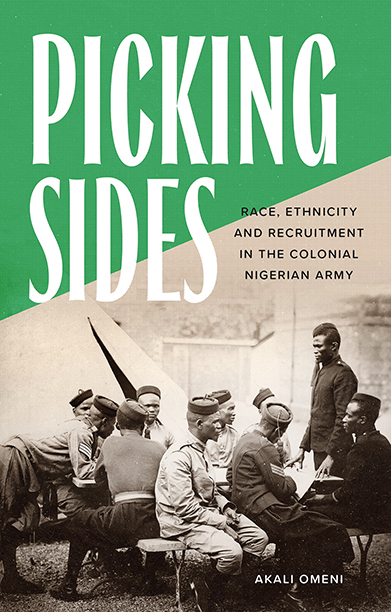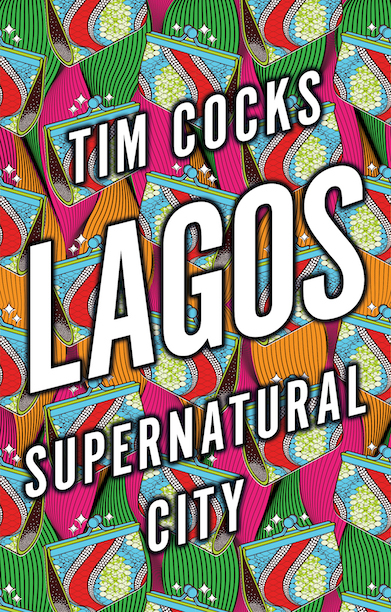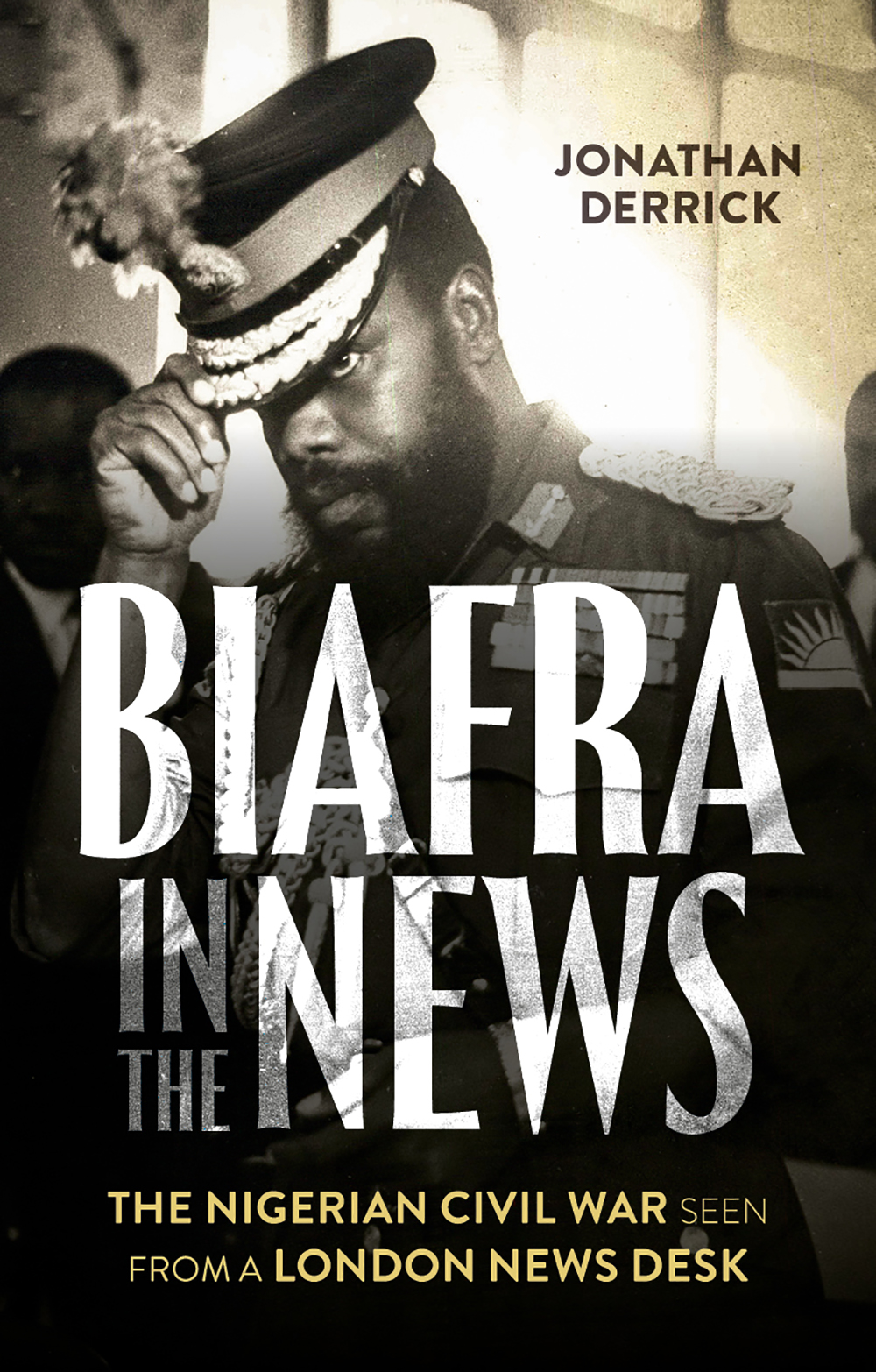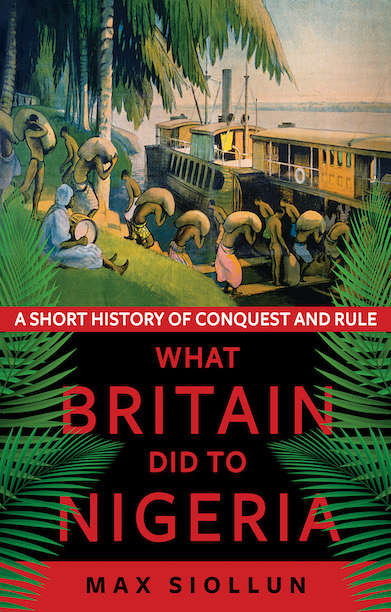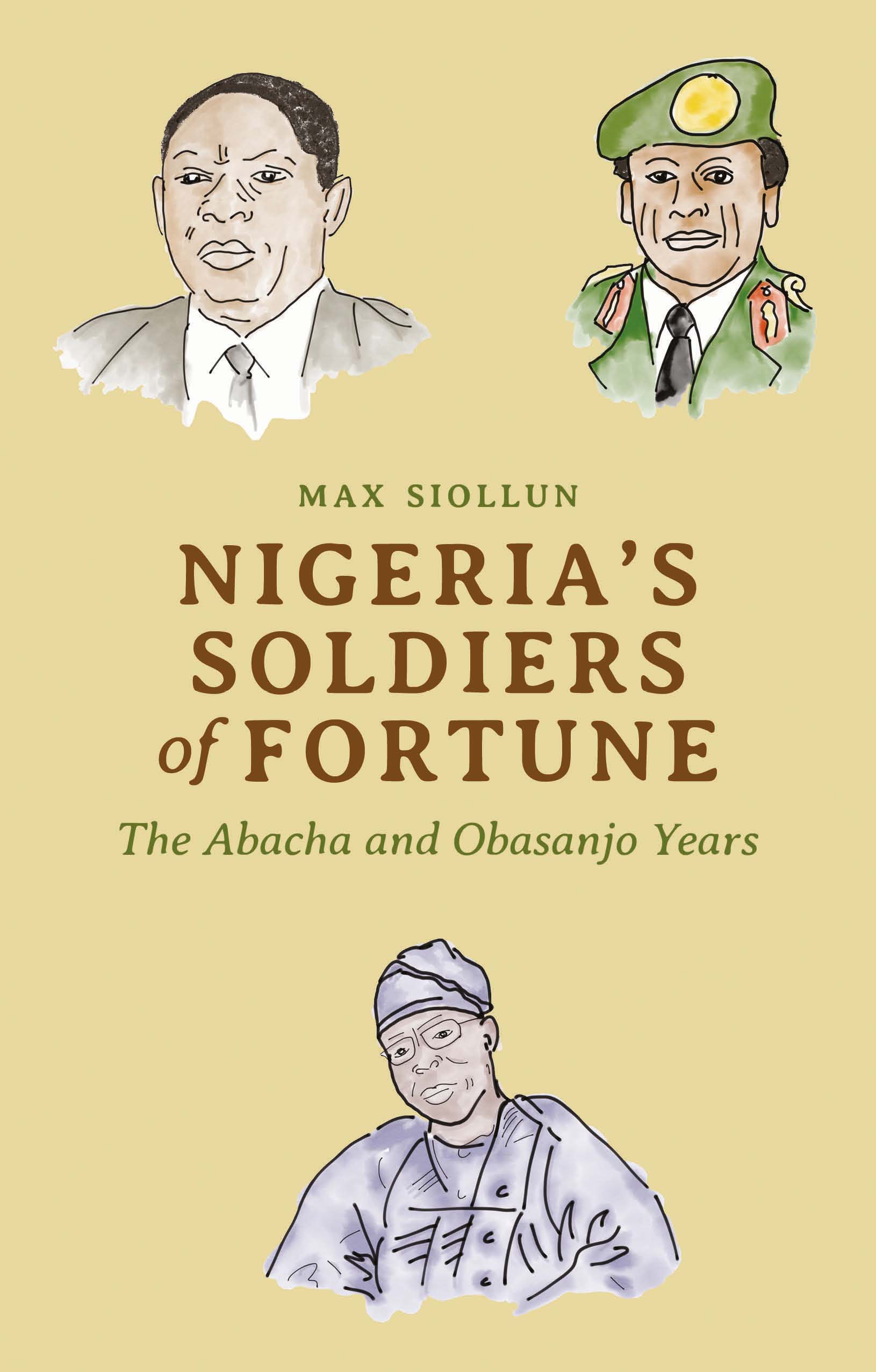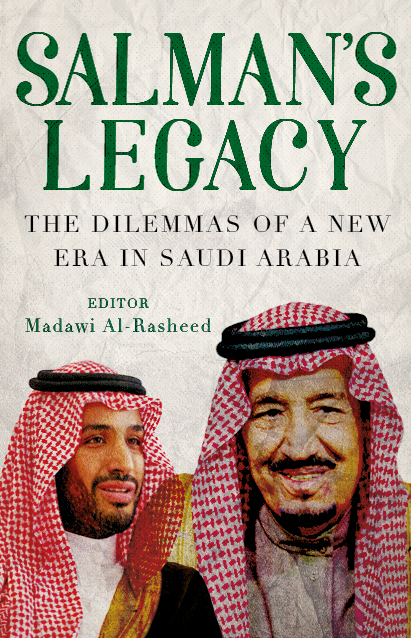Oil and Politics in the Gulf of Guinea
‘This is an intelligent, well-researched, and elegantly written book.’ — Political Science Quarterly
Description
This book investigates the paradox at the heart of present-day Gulf of Guinea politics. The governance crisis festering throughout every one of the region’s states ought to discourage outsiders from capital-intensive, long-term commercial involvement and cast doubts over the political survival of ruling cliques. However, the presence of large petroleum deposits radically changes this equation: the negative dynamics of state failure and widespread violence affect the general population but spare the oil nexus. The material and political resources made available by oil allow states to survive regardless of bad policies, facilitate their governing elites’ material success regardless of reckless management, earn international allies regardless of erratic domestic conduct, and make companies want to invest regardless of risk. The recent oil boom only strengthens this paradoxical viability. Making possible what is arguably the largest inflow of resources into Africa in history, it is of a different order from the short-term viability afforded by the exploitation of other natural resources. Nonetheless, the partnership between insiders and outsiders that permits the extraction of oil is not conducive to positive long-term outcomes in institution-building or broad-based economic growth. Highly dependent on uninterrupted money flows and beset by various destabilising trends, the political economy of oil in the Gulf of Guinea is poised in a state of ‘permanent crisis’. This study, based on extensive fieldwork, interviews and engagement with primary and secondary sources, is the first on the subject to take on the regional, as opposed to the country-specific, dimension. It has four key aims. The first is to bring out the extent to which oil has forged the interaction of the region with the world economy and how the ongoing expansion of the oil sector will deepen this pivotal role. Secondly, how this international relevance of petroleum has shaped postcolonial domestic politics and institutions. Thirdly, it examines the interests of different sets of empowered actors in the partnership between importers, producers and oil companies, their interplay, and the manner and contexts in which their goals diverge or converge. Finally, it analyses the sources of long-term sustainability of the political economy of oil in the Gulf of Guinea amidst seemingly unmanageable chaos.
Reviews
‘A remarkable and extraordinarily ambitious book. … It is clearly and attractively written, and makes absorbing reading. … Represents a significant contribution to knowledge, both in the extraordinary amount of material that the author has unearthed, and in his ability to integrate this material into an original and coherent whole.’ — Christopher Clapham, Centre of African Studies, Cambridge University
‘[A] pathbreaking book.’ — Michael Watts, African Studies Review
‘Soares de Oliveira has written an important study of the impact of oil on the region’s politics… [this] study provides a rich political sociology of the oil curse in West Africa.’ — Nicolas van de Walle, Foreign Affairs
‘This is an intelligent, well-researched, and elegantly written book… it is an excellent contribution both to the study of the African state and to the study of oil politics.’ — Pierre Englebert, Political Science Quarterly
‘A path-breaking study of an important part of the world. It also represents a sophisticated theoretical statement on the phenomenon of states in which massive corruption and the privatisation of central functions of governance have become routine. [The book] occupies a unique position in the English-language literature. … Its key strengths are theoretical originality and lucidity.’ — Stephen Ellis, University of Leiden
‘This volume is the best book written thus far on the political economy of Africa’s oil. Anyone remotely interested either in the oil industry in Africa or more broadly the nature of politics on the continent has to read it. The book really is exceptional in its empirical depth, theoretical insights and general eloquence, as well as the honesty that the author reflects in his writing.’ — Ian Taylor, The Round Table
‘Outstanding … historically informed and takes structures seriously without falling prey to structural determinism. At the same time, it takes a hard look at the actors involved […] and the strategies they pursue. The result is a fascinating relationship […] An excellent book’ — Denis Tull, Journal of Modern African Studies
‘An impressive, original and insightful book that makes a very valuable contribution to our understanding of African political economy. It deserves to be read and engaged with widely.’ — Marcus Power, Review of African Political Economy
Author(s)
Ricardo Soares de Oliveira is Associate Professor in Comparative Politics, University of Oxford, fellow of St Peter's College, Oxford, and fellow of the Global Public Policy Institute, Berlin. He is the author of Oil and Politics in the Gulf of Guinea and co-editor of China Returns to Africa, both of which are published by Hurst.
